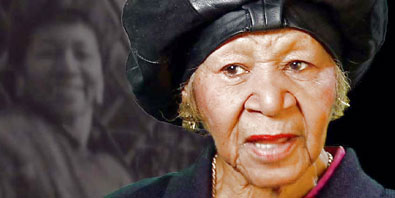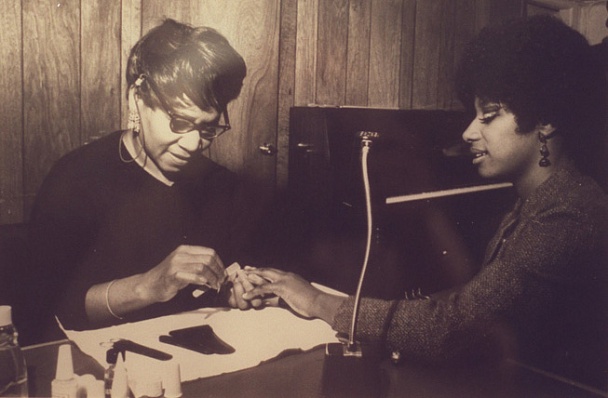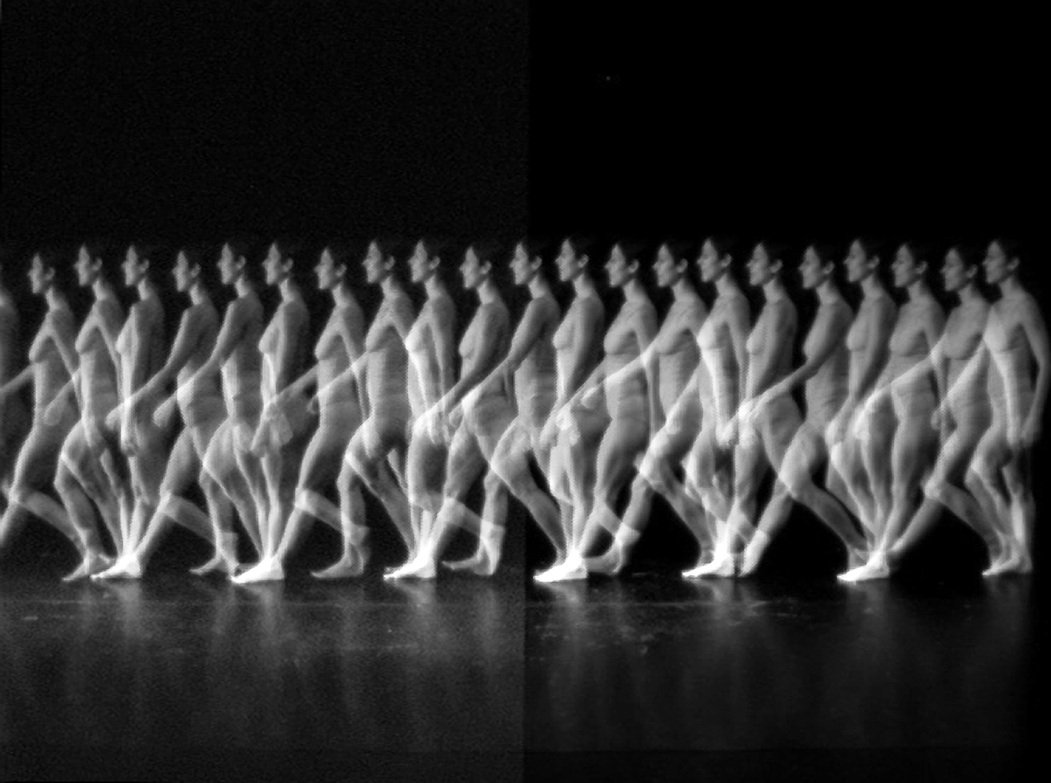Maxine Powell died last week after a long career. For almost 60 years, she pursued the kind of work that almost no one is doing today. Powell taught grooming, poise, and the “social graces” to Motown artists before they went out into the spotlight.
How to stand. How to speak and dress. How to keep your cool with reporters and fans. How to make the best impression you could in every part of your life. It was guidance designed to make her students hold their heads up high and feel proud of themselves, so that pride always “came through.”
Smoky Robinson, Marvin Gaye, the Jackson Five, the Supremes: Powell called them her “diamonds in the rough and her training — along with tough love — aimed to polish their posture, diction, stage presence and sense of self-worth.” That’s how we met most of them. Shiny and unforgettable.
Back then Motown was playing on the same New Haven station (WAVZ) that brought the Beatles and Stones, Dylan and Hendrix to my transistor radio—and what a soundscape it was. You’d hear them, and then try to catch their acts on Ed Sullivan, the Smothers Brothers or American Bandstand. That’s how I saw Motown for the first time: clean cut, all matching suits and steps, smiling harmonies and rhythms that conjure an era big enough for several soundtracks.
For Motown, it was no longer step & fetch it, but stepping out.
Today, we live in an era with lots of marketing but little finishing. We’re often satisfied with surface impressions, what the Temptations were doing their best to get beyond in Beauty’s Only Skin Deep. Powell, of course, was right there with them, reaching through the perfect hair and clothes for the bedrock below.
My friends ask, what do I see in you
But it goes deeper than the eye can view.
A half-century later, you’d never dare to tell anyone how to walk or talk, or how to behave—not even those you supposedly love. It’s freedom and preoccupation with personal autonomy that we’re left with.
Only I get to make decisions in my space.
There’s not much of a role for a Maxine Powell anymore, or for a love like that. Most of us are on our own when it comes to our finishing today.





